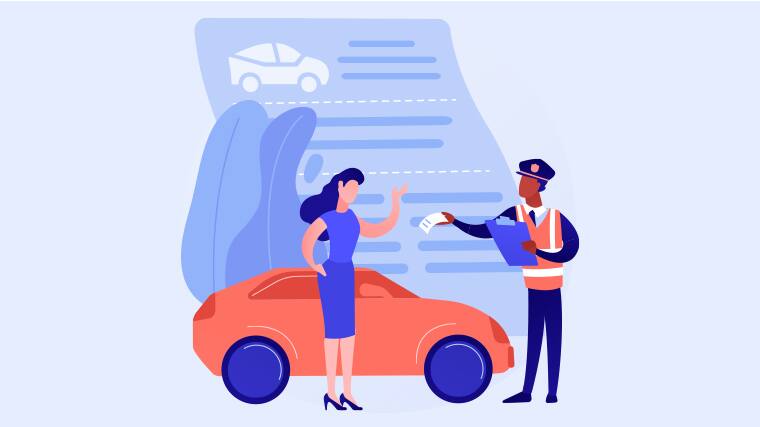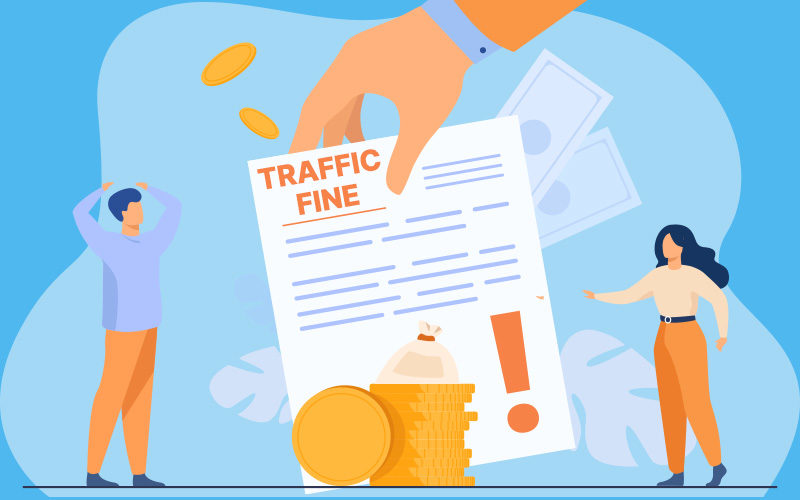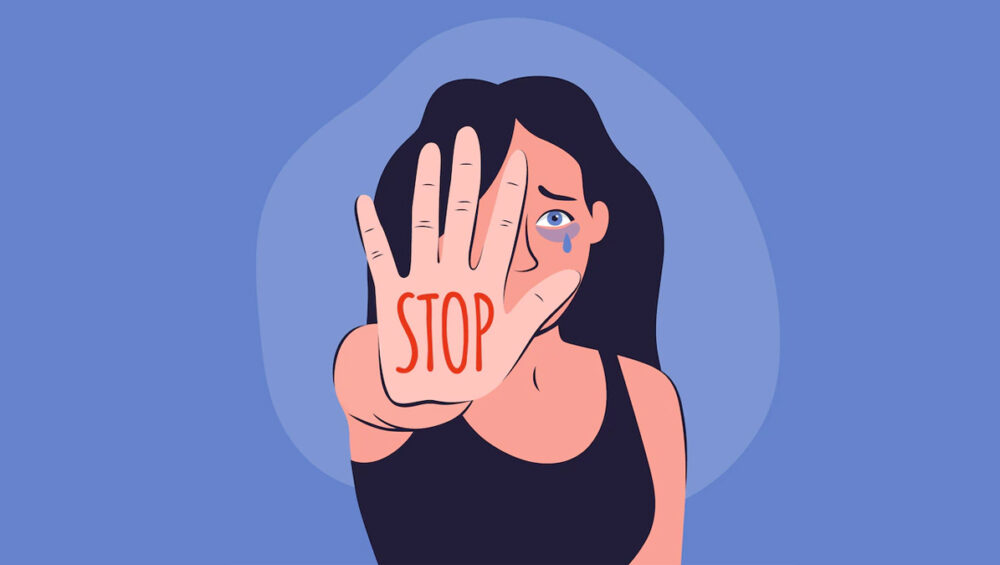How to Pay e-Challan in Jammu and Kashmir
e-Challan is an electronic format of the traditional paper challan that is used to issue fines for traffic rule violations in Jammu and Kashmir. It is an initiative by the traffic police department to digitize the process of issuing and paying traffic fines.
If you have received an e-Challan for a traffic violation in Jammu and Kashmir, here’s how you can pay it online:
- Visit the official website of Jammu and Kashmir traffic police (https://echallan.parivahan.gov.in/).
- Click on the ‘Check Challan Status’ tab on the home page.
- Enter your vehicle number and captcha code and click on ‘Get Details’.
- Your pending e-Challans will be displayed on the screen.
- Select the e-Challan that you want to pay and click on ‘Pay Now’.
- Choose your preferred payment method – credit/debit card, net banking or UPI.
- Enter the required details and complete the payment.
Once the payment is successful, you will receive a confirmation message and a receipt for the payment. It is important to keep a copy of the receipt for future reference.
If you have multiple e-Challans pending, you can pay them all at once using the ‘Pay All’ option on the website. You can also check the status of your e-Challan payment on the website by clicking on the ‘Check Challan Status’ tab and entering your vehicle number and captcha code.
In conclusion, paying e-Challan in Jammu and Kashmir is a simple and convenient process that can be done online. Visit the official website of Jammu and Kashmir traffic police, enter your vehicle number, select the e-Challan to pay and complete the payment using your preferred payment method. If you face any legal issues or need assistance, it’s recommended to hire a lawyer or advocate in Jammu and Kashmir.









